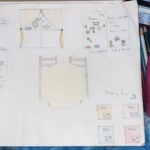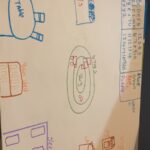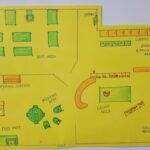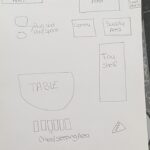At Week 8 and Week 16 of the semester you will monitor your progress towards achieving your goals. Your learning, growth and progress towards achieving your goals will help to determine your grade for ECE 209. To monitor your progress towards meeting you goals, answer the questions below at the end of each module to document your progress over the semester.
- What did you learn in this week’s modules for ECE 209-Lecture and Seminar that connects to your goals?
- Information/ knowledge
- Skills
- Insights (connections you made or “ah-ha’s” you had about the material)
- How will the material from these modules help and support you to meet your goals?





